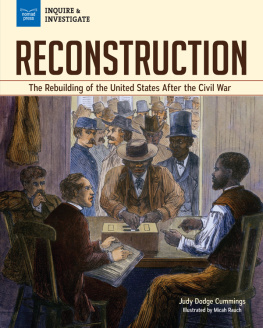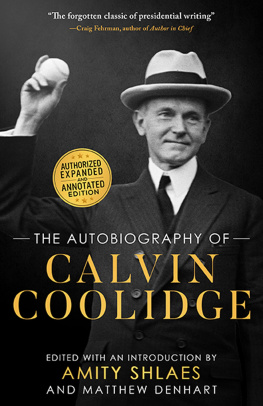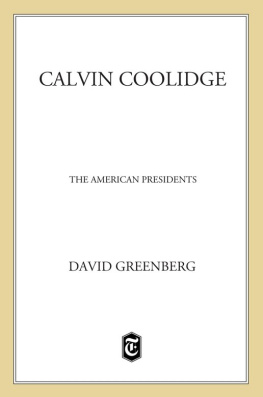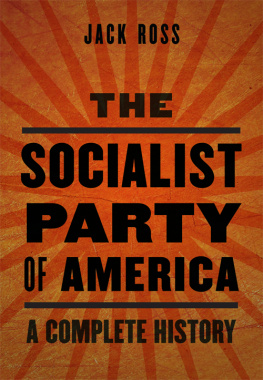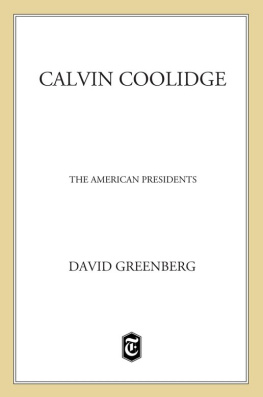Generated by ABC Amber LIT Converter, http://www.processtext.com/abclit.htmlBOOKS BY HARRY TURTLEDOVE
The Guns of the South
THE WORLDWAR SAGA
Worldwar: In the Balance
Worldwar: Tilting the Balance
Worldwar: Upsetting the Balance
Worldwar: Striking the Balance
COLONIZATION
Colonization: Second Contact
Colonization: Down to Earth
Colonization: Aftershocks
THE VIDESSOS CYCLE
The Misplaced Legion
An Emperor for the Legion
The Legion of Videssos
Swords of the Legion
THE TALE OF KRISPOS
Krispos Rising
Krispos of Videssos
Krispos the Emperor
THE TIME OF TROUBLES SERIES
The Stolen Throne
Hammer and Anvil
The Thousand Cities
Generated by ABC Amber LIT Converter, http://www.processtext.com/abclit.html
Videssos Besieged
Noninterference
Kaleidoscope
A World of Difference
Earthgrip
Departures
How Few Remain
THE GREAT WAR
The Great War: American Front
The Great War: Walk in Hell
The Great War: Breakthroughs
American Empire: Blood and Iron
American Empire: The Center Cannot Hold
I
llieutenant Colonel Abner Dowling strode into the offices of the U.S. Army General Staff in Philadelphia, escaping the January snow outside. He was a big, beefy manunkind people, of whom hed met altogether too many, would have called him fatand walked with a determination that made other, younger officers get out of his way, even though his green-gray uniform bore not a trace of the gold-and-black ribbon that marked a General Staff man.
He looked around with more than a little curiosity. He hadnt been in General Staff headquarters for many yearsnot since before the Great War, in fact. Hed spent the past ten years as adjutant to General George Armstrong Custer, and Custers relationship with the General Staff had always been...
combustible was the first word that came to mind. The first printable word, anyhow.
But Custer was retired nowretired at last, after more than sixty years of service in the Armyand Dowling needed a new assignment. I wonder what theyll give me. What ever it is, its bound to be awalk in the park after what Ive gone through with Custer. Anything this side of standing sentry on the battlements of hell would have seemed a walk in the park after ten years with Custer. The man was Generated by ABC Amber LIT Converter, http://www.processtext.com/abclit.html
unquestionably a hero. Dowling would have been the first to admit it. Nevertheless...
He tried not to think of Custer, which was like trying not to think of a red fish. Then he got lostGeneral Staff headquarters had expanded a great deal since his last visit. Having to ask his way did take his mind off his former superior. At last, by turning left down a corridor where he had turned right, he made his way to the office of General Hunter Liggett, chief of the General Staff.
Liggetts adjutant was a sharp-looking lieutenant colonel named John Abell. When Dowling walked into the office, the fellow was talking on the telephone: the best we can, with the budget the Socialists are willing to let us have. He looked up and put his hand over the mouthpiece. Yes, Lieutenant Colonel?
May I help you?
Im Abner Dowling. I have a ten oclock appointment with General Liggett. By the clock on the wall, it was still a couple of minutes before ten. Dowling had built in time for things to go wrong. Custer neverdid anything like that. Custer never figured anything would go wrong. Dowling shook his head.
Dont think about Custer.
Lieutenant Colonel Abell nodded. Go right in. Hes expecting you. He returned to his interrupted telephone conversation: I know what we should be doing, and I know what we are doing. There will be trouble one day, but theyre too sure of themselves to believe it. However much Dowling wanted to linger and eavesdrop, he went on into General Liggetts inner office and closed the door behind him. Saluting, he said, Reporting as ordered, sir. Hunter Liggett returned the salute. He was a jowly man in his mid-sixties, with a penetrating stare and a white Kaiser Bill mustache waxed to pointed perfection. At ease, Lieutenant Colonel. Sit down. Make yourself comfortable.
Thank you, sir. Dowling eased his bulk down into a chair.
What are we going to do with you? Liggett said. It had to be a rhetorical question; the answer surely already lay there on his desk. He went on, Youve seen a lot these past few years, havent you? By now, I suspect, you could handle just about anything. Couldnt you, Lieutenant Colonel? Dowling didnt like the sound of that. I hope so, sir, he answered cautiously. Maybe he wouldnt get a walk in the park after all. Ahh... What have you got in mind?
Everyone is very pleased with your performance in Canada, General Liggett said. The assistant secretary of war, Mr. Thomas, spoke highly of you in his report to President Sinclair. He wrote that you did your best to make a difficult and unpleasant situation go more smoothly. Any time a soldier wins praise from the present administration, he must have done very well indeed.
Thank you, sir. Dowling remembered that Liggett had become chief of the General Staff during the present Socialist administration, replacing General Leonard Wood. That made him watch his tongue.
Im glad Mr. Thomas was pleased. I didnt really do that much. Mostly, I just sat there and kept my mouth shut. N. Mattoon Thomas had come up to Winnipeg to force General Custer into retirement.
Custer hadnt wanted to go; Custer never wanted to do anything anyone told him to do, and he thoroughly despised the Socialists. But theyd held the high cards, and he hadnt.
Well, what ever you did say, Mr. Thomas liked it, Liggett said. He wrote of your tact and your discretion and your good sensesaid if you were a diplomat instead of a soldier, youd make a splendid Generated by ABC Amber LIT Converter, http://www.processtext.com/abclit.html
ambassador. Liggett chuckled. Damn me to hell if youre not blushing.
Im flattered, sir. Dowling was also embarrassed. Like a lot of fat men, he flushed easily, and he knew it.
General Liggett went on, And it just so happens that we have a post where a man with such talents would be very useful, very useful indeed.
Does it? Do you? Dowling said, and Liggett gave him a genial nod. Dowling had a fair notion of where such a post might be. Hoping he was wrong, he asked, What have you got in mind, sir? Sure enough, Liggett said, Ive had to relieve Colonel Sorenson as military governor of Salt Lake City.
Hes an able officer, Sorenson is; dont get me wrong. But he turned out to be a little too... unbending for the position. By President Sinclairs orders, we are trying to bring Utah back towards being a normal state in the Union once more. A tactful, diplomatic officer running things in Salt Lake could do us a lot of good there.
I... see, Dowling said slowly. The only trouble is, sir, Im not sure I think Utah ought to be a normal state in the Union once more. The Mormons in Utah had caused trouble during the Second Mexican War, back at the start of the 1880sas a result of which, the U.S. Army had landed on them with both feet. Then, in 1915, perhaps aided and abetted by the Confederates and the British from Canada, theyd risen in open rebellion. The Army had had to crush them one town at a time, and had made a peace only in the Tacitean sense of the word, leaving desert behind it.
Between you and me and the four walls of my office, Lieutenant Colonel, Im not sure I think so, either, Liggett answered. But the Army doesnt make policy. Thats the presidents job. All we do is carry it out. And so... would you like to be the next military governor of Salt Lake City?

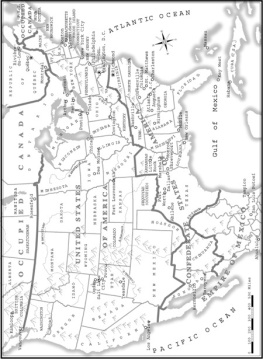

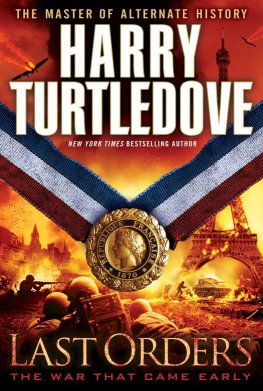
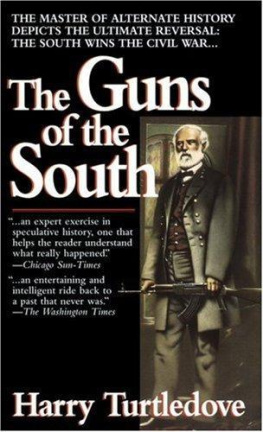
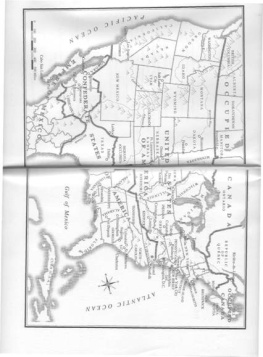
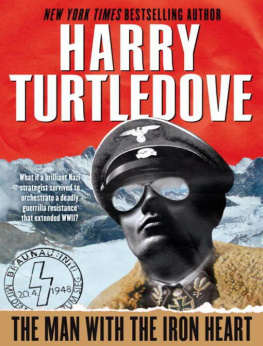
![Harry Turtledove - Worlds that werent : [novellas of alternate history]](/uploads/posts/book/79050/thumbs/harry-turtledove-worlds-that-weren-t-novellas.jpg)

